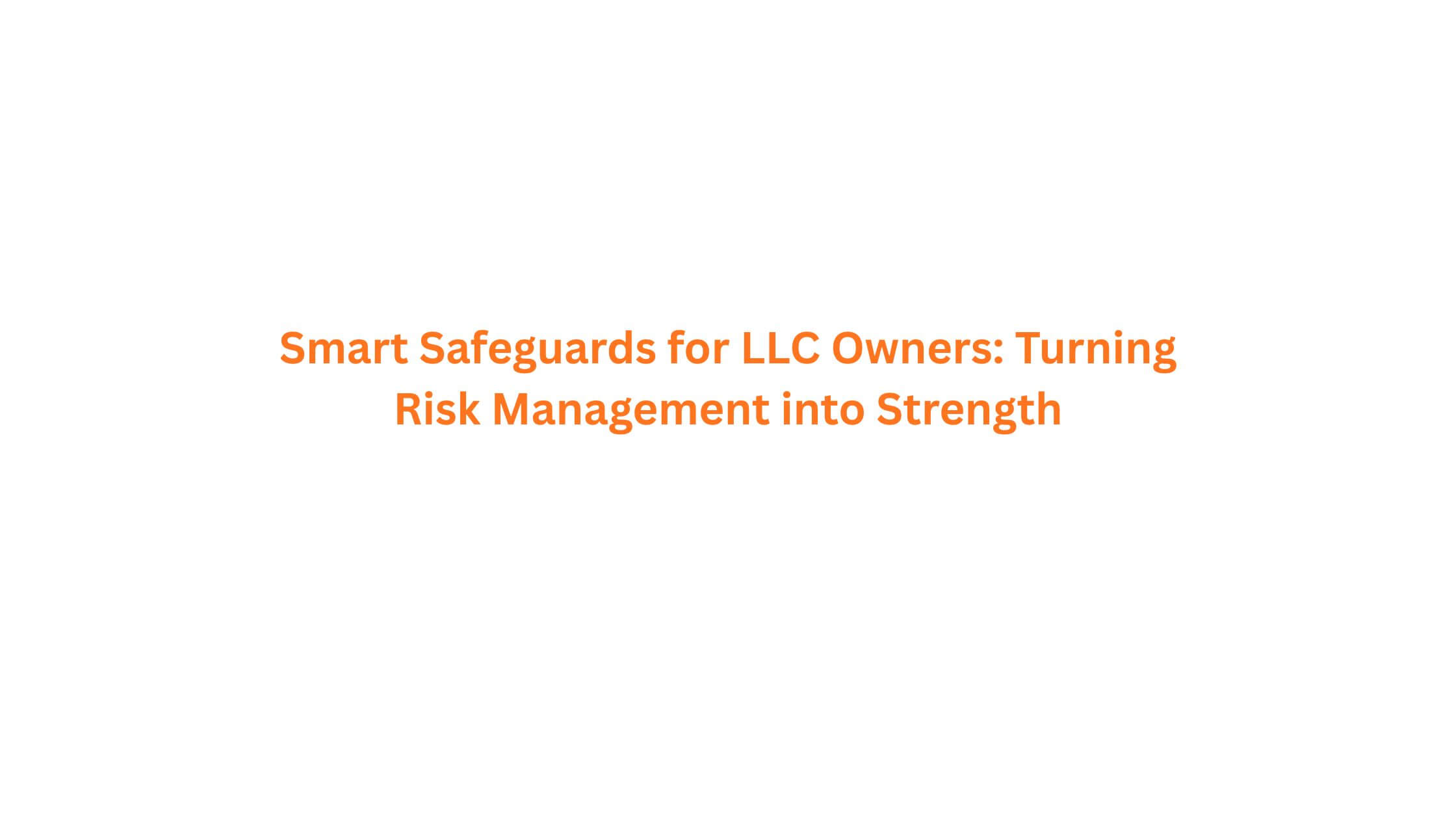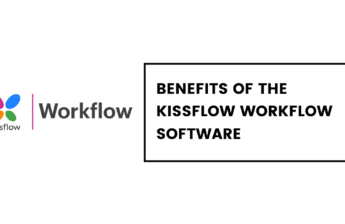Launching a limited liability company (LLC) gives entrepreneurs the flexibility and protection needed to grow with confidence. The structure shields personal assets from most business liabilities, allowing owners to separate their personal finances from their professional risks. However, forming an LLC is only the first step. To protect what you have built, you need a well-thought-out approach to risk management that turns potential vulnerabilities into lasting strengths.
Contents
Understanding Risk Management for LLCs
Every business face risk. Whether it’s property damage, legal disputes, cyber threats, or client complaints, challenges can appear when you least expect them. For LLC owners, effective risk management means identifying these potential threats early and putting systems in place to minimize their impact.
Risk management is not just about avoiding losses; it’s about creating stability. By managing risk strategically, you can operate with greater confidence, attract investors, and build trust with customers who value reliability and professionalism.
Common Risks LLC Owners Face
Even small businesses can encounter complex risks that threaten their operations or reputation. Some of the most common include:
- Legal Liability
Despite the protection that an LLC offers, your company can still face lawsuits for professional mistakes, contract disputes, or negligence. Without the right coverage, legal costs can quickly escalate.
- Property Damage or Loss
Fires, floods, theft, or accidents can interrupt your ability to do business. Having financial protection in place ensures you can repair or replace assets and return to work without significant delays.
- Employee and Workplace Risks
If your business employs staff, injuries or workplace incidents can lead to costly claims. Proper insurance and safety protocols are essential for both compliance and employee wellbeing.
- Data and Cybersecurity Threats
With more businesses relying on digital tools, data breaches and cyberattacks are a growing concern. Sensitive customer or financial information can be compromised in seconds, leading to financial loss and reputational damage.
- Professional Errors
Even the most experienced professionals can make mistakes. Whether it’s a missed deadline, an accounting error, or a miscommunication with a client, these errors can lead to claims of negligence or financial loss.
Building Strong Foundations with Business Insurance
One of the smartest steps LLC owners can take is securing comprehensive business insurance for LLC. While the LLC structure protects personal assets, insurance protects the business itself.
This coverage acts as a financial safety net, providing support for:
- General liability: Covers accidents, property damage, or injuries involving third parties.
- Professional liability: Protects against claims of errors, omissions, or negligence.
- Property insurance: Covers physical assets such as offices, equipment, and inventory.
- Workers’ compensation: Provides coverage for employee injuries or illnesses that occur on the job.
- Cyber liability: Offers protection against data breaches and cyberattacks.
Having tailored insurance not only safeguards your company but also strengthens your reputation with clients, lenders, and partners who appreciate a business that takes responsibility seriously.
How Risk Management Strengthens Business Growth
Risk management is about foresight. By identifying and addressing risks early, you create a stable environment where your business can grow sustainably.
- Improved Decision-Making
When you understand your potential risks, you can make more informed decisions about investments, partnerships, and expansion opportunities.
- Financial Stability
Insurance and proactive planning reduce the financial shock of unexpected events. This allows you to allocate resources confidently, knowing your business can recover quickly if something goes wrong.
- Increased Client Trust
Clients prefer to work with businesses that demonstrate professionalism and responsibility. A solid risk management strategy, backed by proper insurance, signals reliability and long-term commitment.
Operational Resilience
From supply chain interruptions to weather-related disruptions, a well-prepared business can adapt and continue operating under pressure. Resilience becomes a key part of your brand identity.
Creating a Culture of Preparedness
Risk management works best when it becomes part of your company culture. Encourage employees to identify potential hazards, suggest improvements, and stay informed about safety protocols. Regular reviews of your policies and insurance coverage ensure your protection evolves as your business grows.
Additionally, documenting procedures, maintaining accurate records, and staying compliant with regulations all reduce risk exposure. When everyone in the company shares responsibility for managing risk, the organization becomes stronger and more efficient.







